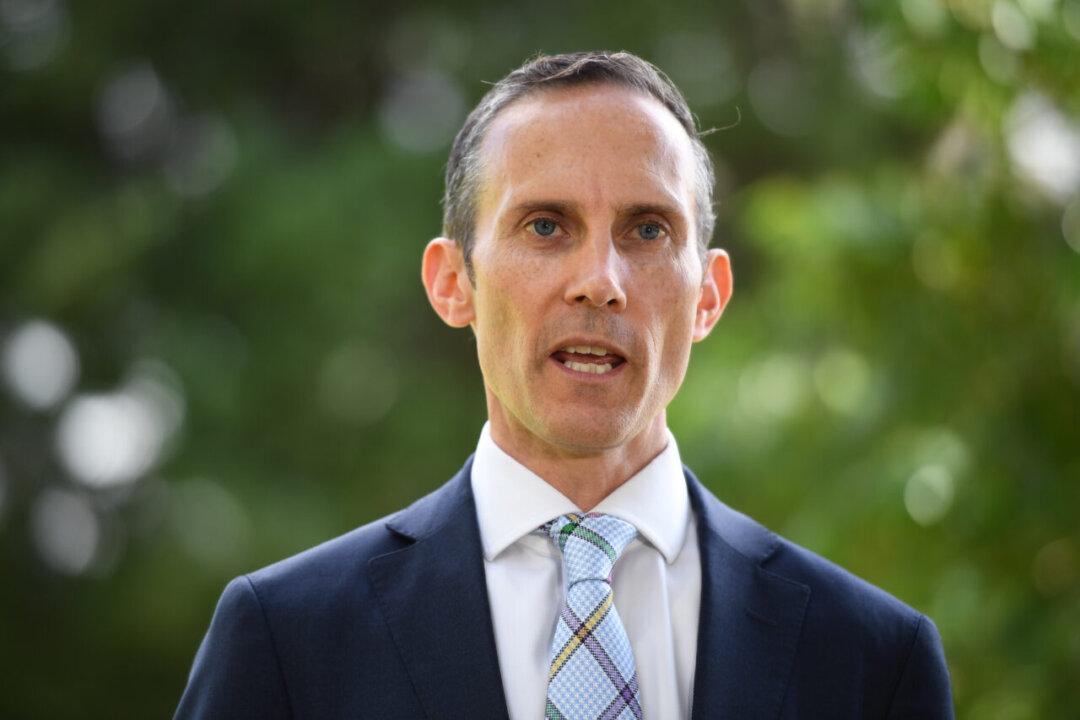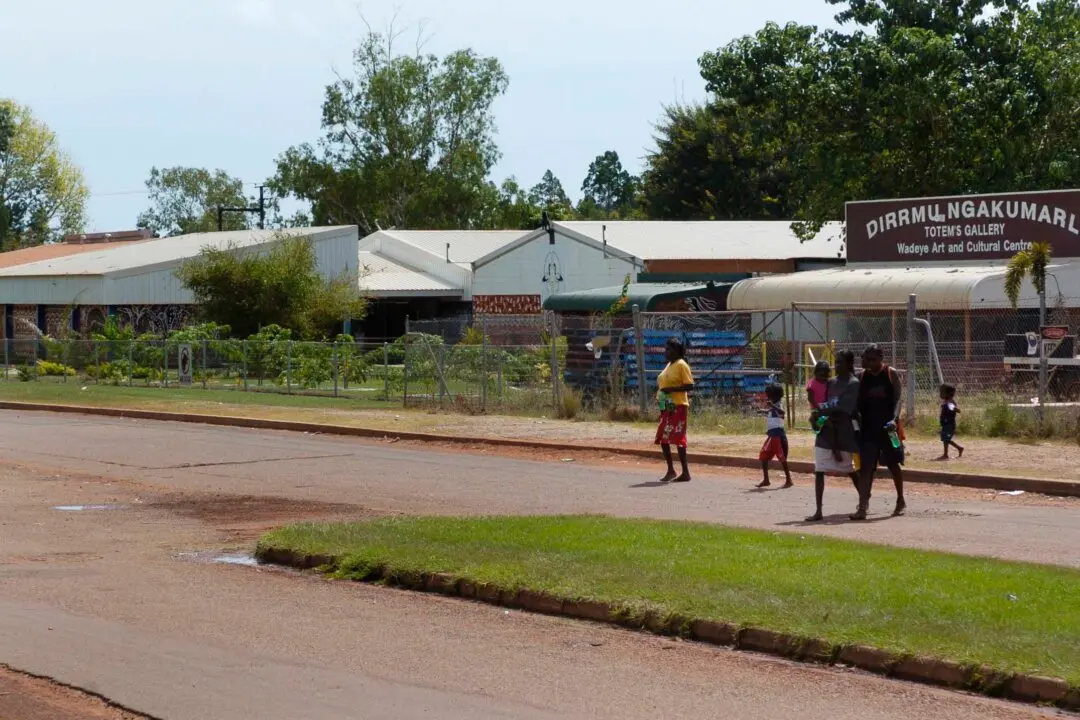A major global economic organisation has urged Australia to look for other ways to raise revenue rather than let a shrinking pool of workers shoulder the growing tax burden.
The Organisation for Economic Co-operation and Development (OECD) says broadening the goods and services tax—and potentially lifting the rate—would help rebalance the tax system so retirees take on more of a share alongside workers.





